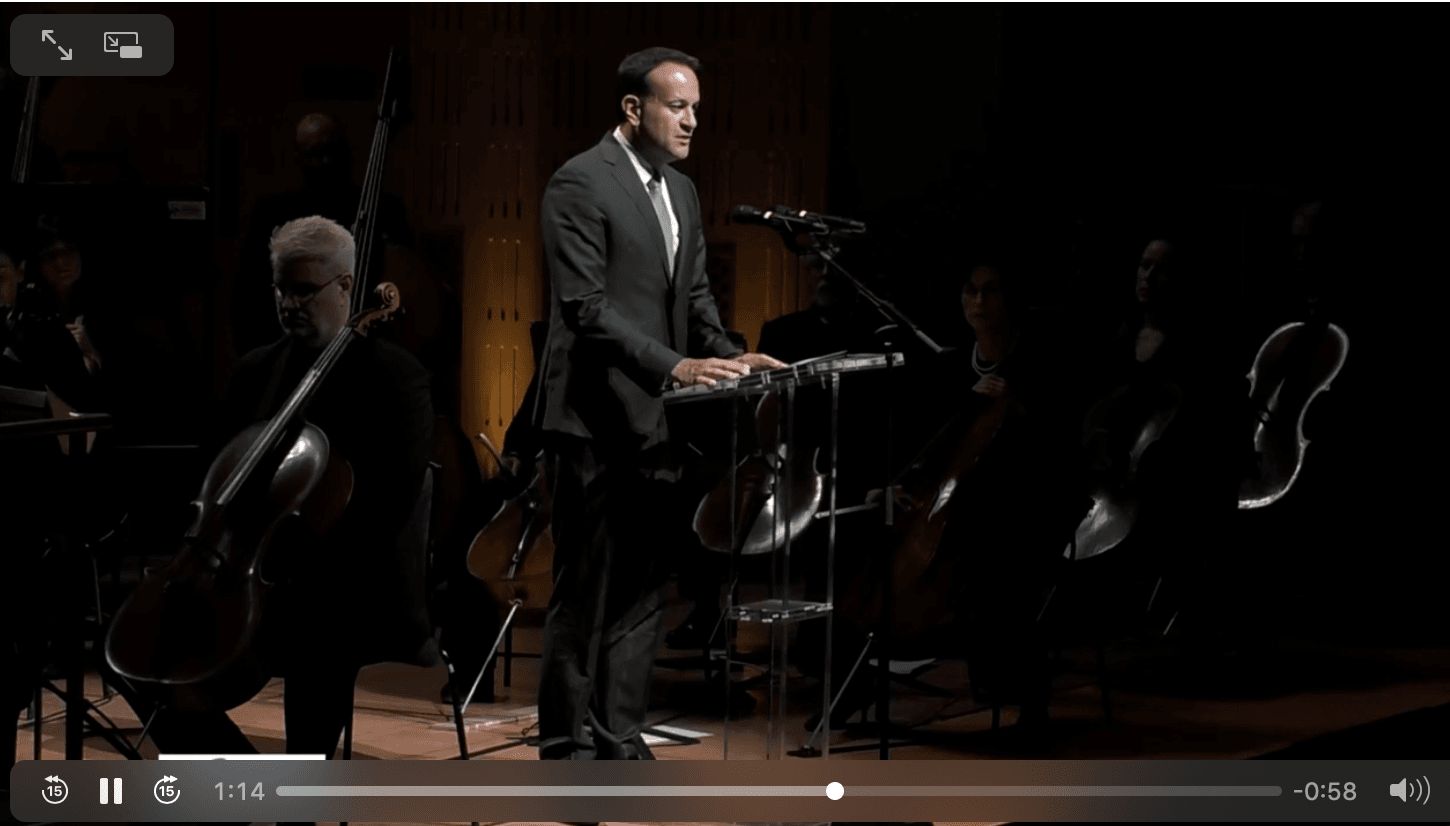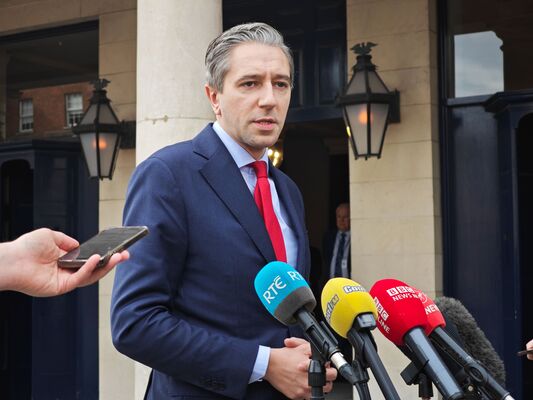WE have a tendency to feel it’s very important that we stay at home and clean the oven when we should be going to call on Granny; or trim our fingernails while the filthy family car sits in our driveway.
This common confusion of priorities struck me as I watched the televised commemoration of the Civil War held in Dublin’s National Concert Hall last Saturday. There were Irish songs sung in Irish. The National Symphony Orchestra showed what talent and dedication there is in Ireland. And several people, including the President of Ireland, spoke about the Civil War.
Any war involves pain and loss, but a civil war, where friends and even families fight and kill on different sides, brings unique suffering. So President Higgins was to be commended when he spoke of further historical research that he was connected with, that would help the Irish people know the full extent of the pain inflicted on each other.
Why was there a civil war? Mention was made of how the Treaty left Ireland still as part of the British Empire, while allowing her to conduct most of her own affairs. There was mention of having to swear allegiance to the British monarch. The speakers did mention the partition of Ireland, but if you hadn’t been listening carefully you might have missed it.
There were all sorts of motivations feeding into the Civil War, but the fact that the terms of the Treaty ruled out six north-eastern counties was a major concern for republicans in the 1920s and more recently in the 1970s, ’80s and ’90s. The speakers in the National Concert Hall last Saturday tried very hard to ignore that fact.
Those speaking last Saturday were like a group of men gathered to examine the bloodstains on a 100-year-old carpet, focusing in detail on how the stain got there and whose blood was shed. A praiseworthy exercise indeed. But so engrossed are they in their carpet examination, they are deaf and blind to the mayhem going on in the attic, where family members are kicking and gouging one another, while the next-door neighbour, under pretext of being a peace-bringer, has moved into the attic and made a bad situation worse.
Why is that? Why do southern politicians feel sadness and examine in detail divisive issues from one hundred years ago, yet in the face of division and similar suffering during our more recent Troubles, do little but wring their hands that such mayhem was unleashed? Far from devising a plan that might end division in Ireland, they content themselves with empty calls for peace.
Is it too soon for the North’s Troubles, their origin and motivation, their pain and bloodshed, to be analysed? Or is it that, if the Troubles were honestly analysed and the truth of what happened laid out, an awkward question would arise: what did Southern politicians do to assist their fellow countrymen and women in the North, and when do they intend to get their coats off and tackle a problem that would have appalled the men and women of 1916; to wit, the abandonment of the north-east of Ireland?
A word to the Taoiseach, the Tánaiste and the President: when will you hold an event similar to last Saturday’s, but focused on the Northern problem? You have time and again urged Northern nationalists and republicans to look to a better tomorrow rather than lament over a sorry yesterday. Then, gentlemen, will you put together a team of experts, a team who will examine the 100-year stain on the six Northern counties and put forward ways in which that stain can be washed clear? Put bluntly, Micheál, Leo, Michael D: pee or get off the pot.








